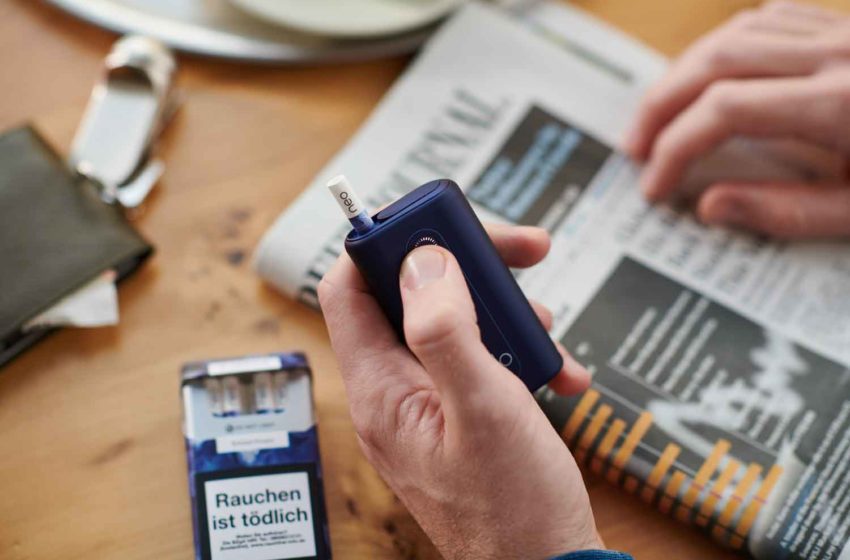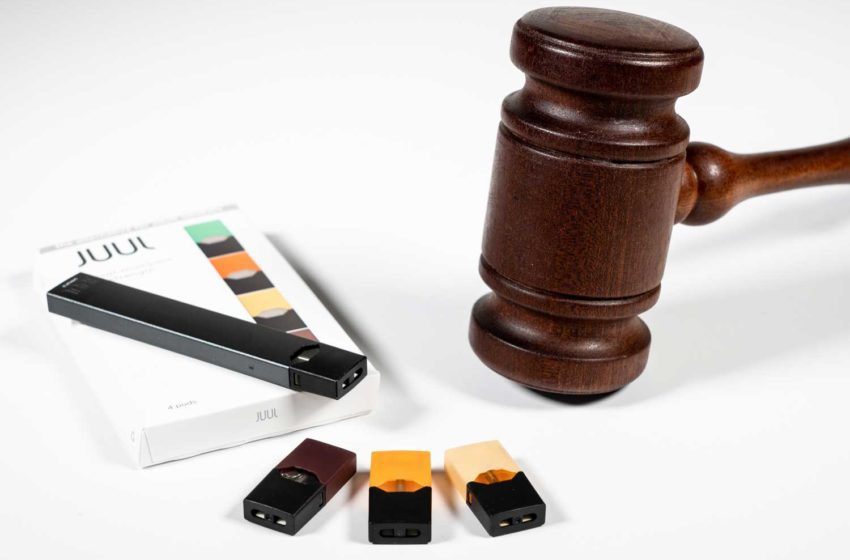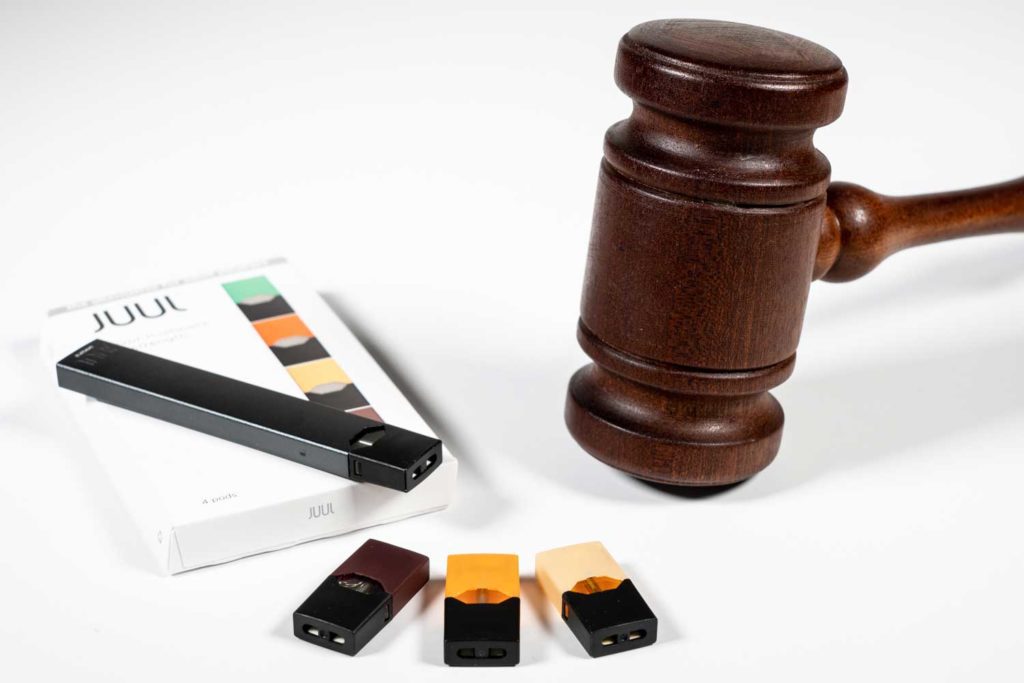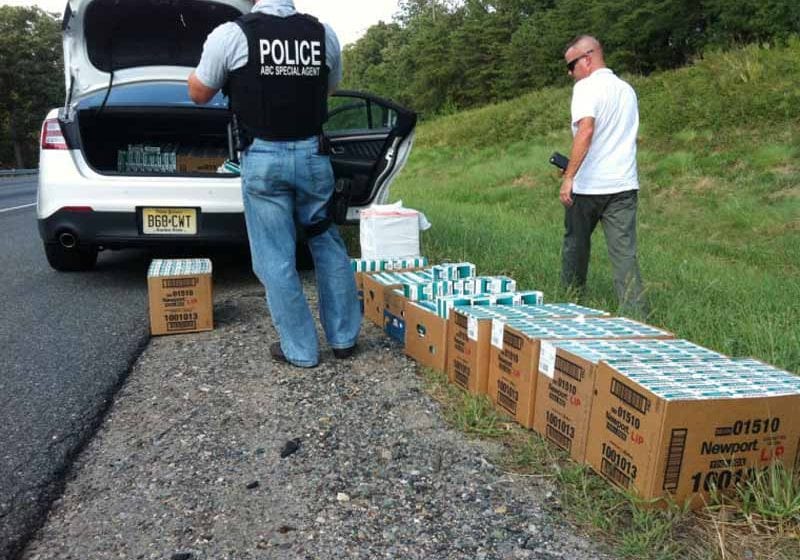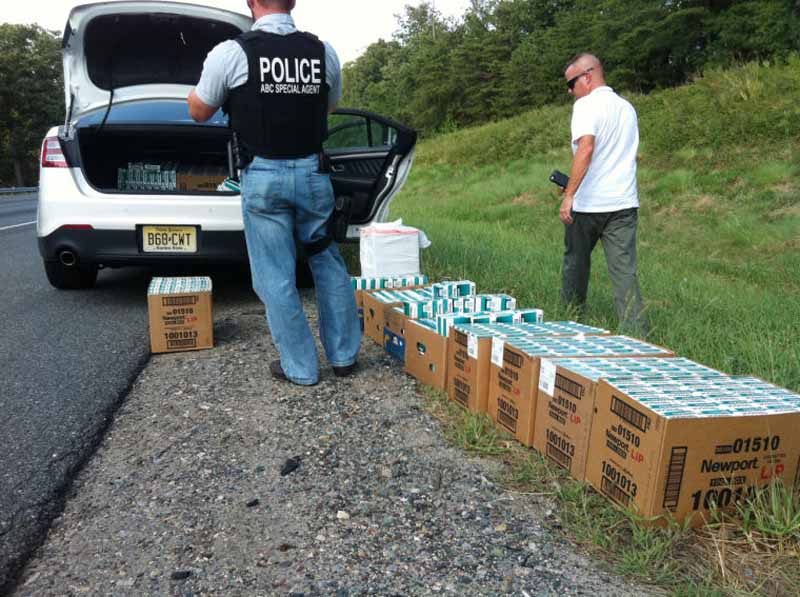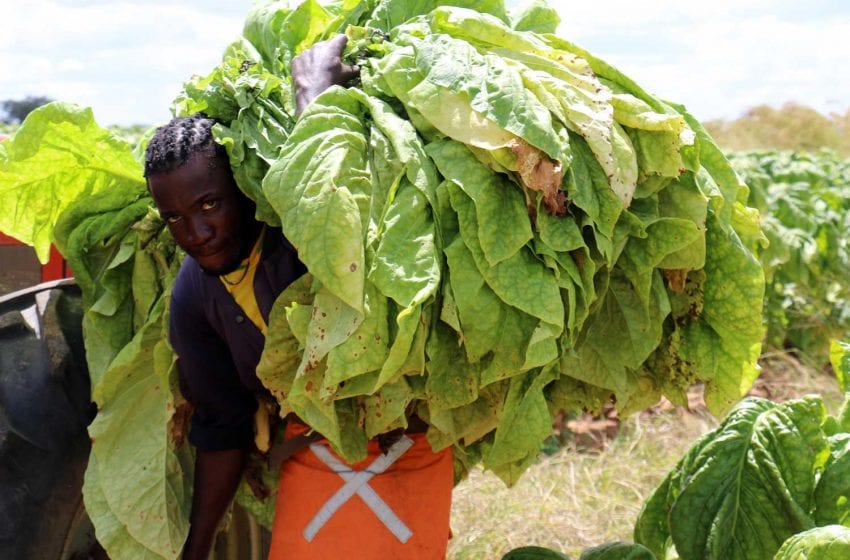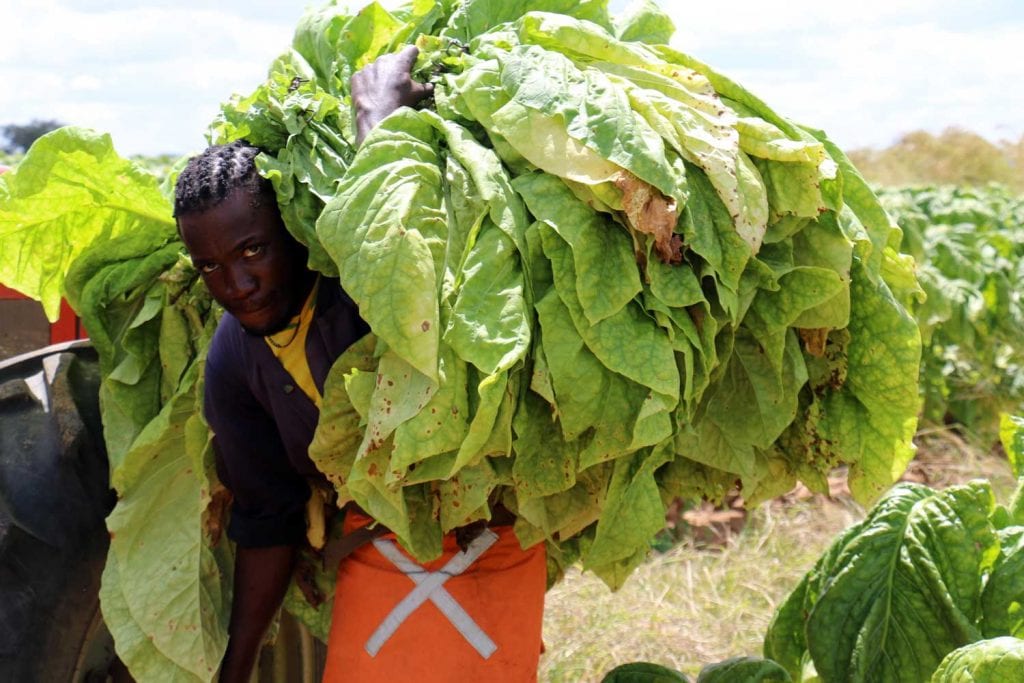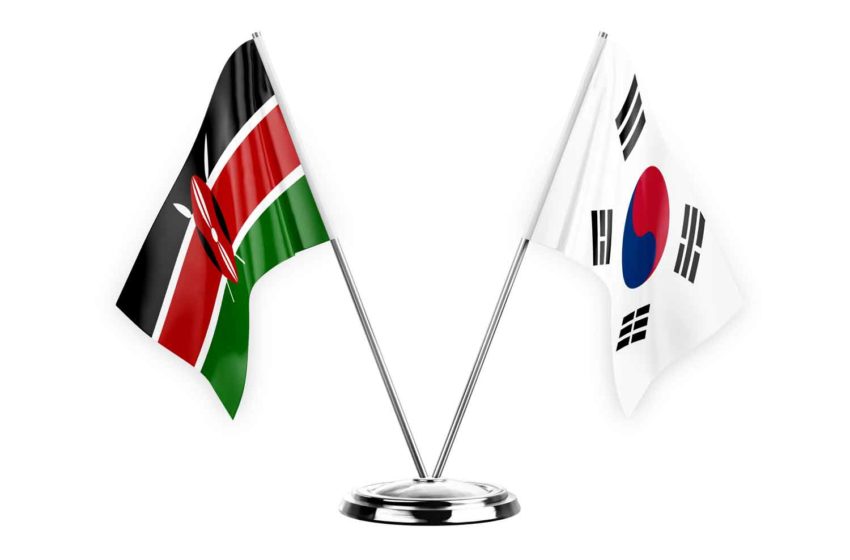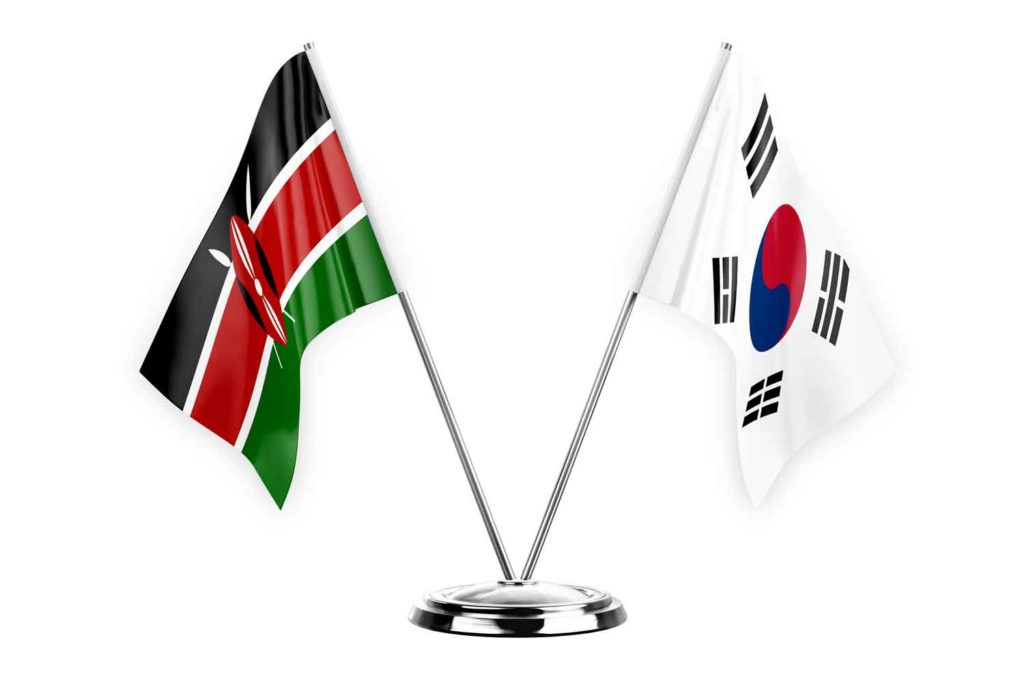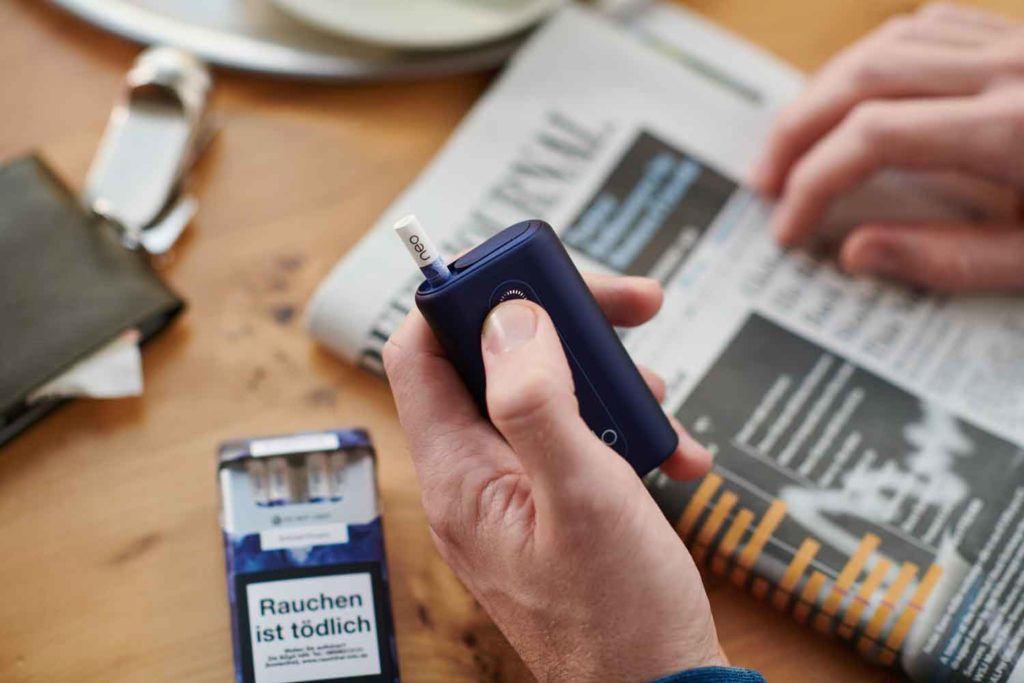
BAT gained 3.2 million consumers within its noncombustible business during the first nine months of 2022, thanks in part to new product launches and geographic expansion, CEO Jack Bowles wrote in a trading update.
The New Category business continues to drive strong volume, revenue and market share growth and has become a significant contributor to group performance, according to BAT.
The global value share of Vuse vapor cigarettes reached 35.7 percent in key vapor markets by September 2022, up 2.2 percentage points over full-year 2021. In the U.S., the brand extended its leadership position by 6.8 percentage points, achieving a total value share of 39.3 percent.
BAT’s Glo tobacco-heating product (THP) increased its category volume share by 1.6 percentage points in key THP markets to reach 19.5 percent by September 2022. In Europe, Glo achieved a 20.4 percent volume share in key THP markets, up 4 percentage points. In Japan, Hyper drove Glo’s total nicotine volume share up 50 base points versus 2021 to reach a share of 7.3 percent.
BAT’s Velo modern oral brand reached a volume market share in Europe of 69.1 percent.
Meanwhile, BAT reported a flat combustible cigarette value share, with gains in the United States, Asia-Pacific and the Middle East offset by declines in the company’s Americas, Sub-Saharan Africa and Europe regions. In the U.S., BAT begun new sales strategies in the second half to offset “early signs of accelerated downtrading,” according to Bowles.
BAT reiterated its guidance for mid-single percentage growth in adjusted earnings per share at constant currency this year. Price increases and marketing campaigns should offset higher raw material prices, according to the company.

